Table of Contents Show
If you have hypothyroidism or an underactive thyroid, you may wonder if you can follow a vegan diet. A vegan diet is one that excludes all animal products, such as meat, eggs, dairy, honey, and gelatin. Some people choose to follow a vegan diet for ethical, environmental, or health reasons.
However, a vegan diet may pose some challenges for people with hypothyroidism. This is because some plant foods contain substances that can interfere with thyroid function, such as goitrogens and soy. Moreover, some nutrients that are essential for thyroid health, such as iodine, selenium, zinc, and vitamin B12, may be harder to obtain from plant sources.
But this does not mean that you cannot follow a vegan diet if you have hypothyroidism. You just need to plan your meals carefully and make sure that you get enough of the nutrients that your thyroid needs. Here are some tips on how to follow a vegan hypothyroid diet plan.
What to Eat on a Vegan Hypothyroid Diet Plan


A vegan hypothyroid diet plan should include a variety of plant foods that provide adequate calories, protein, fiber, healthy fats, vitamins, minerals, and antioxidants. Some of the foods that you can eat on a vegan hypothyroid diet plan are:
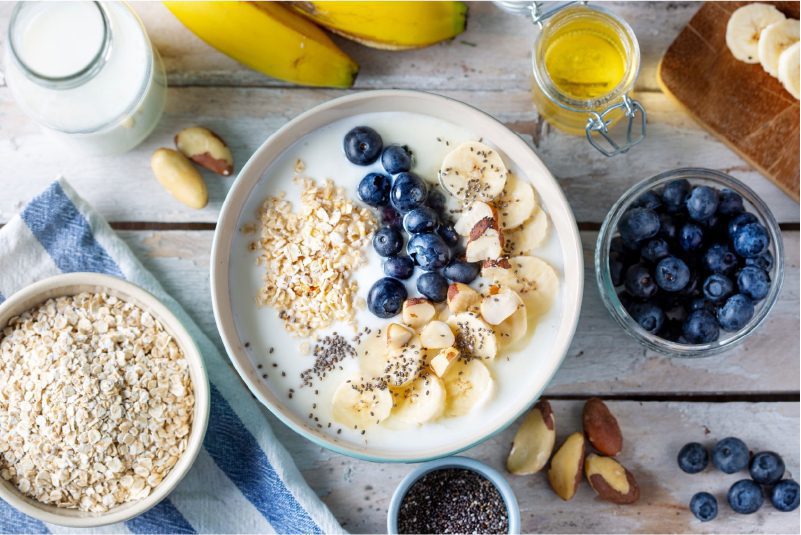

- Fruits: Fruits are rich in antioxidants, vitamin C, and fiber. They can help boost your immune system and prevent constipation. You can eat fresh, frozen, or dried fruits, such as apples, bananas, berries, citrus fruits, grapes, kiwis, mangoes, melons, pears, pineapples, and prunes.
- Vegetables: Vegetables are also high in antioxidants, vitamin C, and fiber. They can help lower inflammation and protect your cells from oxidative stress. You can eat raw or cooked vegetables, such as asparagus, broccoli, cabbage, carrots, cauliflower, celery, cucumbers, eggplant, kale, lettuce, mushrooms, onions, peppers, spinach, squash, sweet potatoes, tomatoes, and zucchini.
- Grains: Grains are a good source of complex carbohydrates and B vitamins. They can provide energy and support your nervous system. You can eat whole grains or products made from them such as breads cereals pasta rice quinoa oats millet buckwheat amaranth and teff
- Legumes: Legumes are high in protein iron zinc folate and fiber They can help build muscle tissue and prevent anemia You can eat beans lentils peas chickpeas soybeans tofu tempeh edamame hummus and veggie burgers
- Nuts and seeds: Nuts and seeds are rich in healthy fats protein selenium zinc magnesium and vitamin E They can help regulate your metabolism and protect your cells from damage You can eat almonds walnuts cashews pistachios pecans brazil nuts sunflower seeds pumpkin seeds flax seeds chia seeds hemp seeds sesame seeds and tahini
- Plant-based milks: Plant-based milks are alternatives to dairy milk that are made from plants such as soy almond rice oat coconut or hemp They can provide calcium vitamin D and protein You can drink them plain or use them in smoothies cereals coffee or tea
- Plant-based yogurts: Plant-based yogurts are alternatives to dairy yogurts that are made from plants such as soy almond coconut or oat They can provide probiotics calcium vitamin D and protein You can eat them plain or add fruits nuts seeds or granola
- Plant-based cheeses: Plant-based cheeses are alternatives to dairy cheeses that are made from plants such as soy cashew almond coconut or nutritional yeast They can provide calcium vitamin B12 and protein You can use them in sandwiches salads pizzas pastas or casseroles
- Plant-based meats: Plant-based meats are alternatives to animal meats that are made from plants such as soy wheat pea or mushroom They can provide protein iron zinc and vitamin B12 You can use them in burgers sausages nuggets patties or roasts
- Seaweed: Seaweed is a type of marine algae that is edible and nutritious It is one of the best sources of iodine which is essential for thyroid function You can eat seaweed such as nori kelp wakame dulse arame or spirulina in salads soups sushi wraps or snacks


What to Avoid on a Vegan Hypothyroid Diet Plan
A vegan hypothyroid diet plan should avoid some foods that may worsen your thyroid condition or interfere with your medication. Some of the foods that you should avoid on a vegan hypothyroid diet plan are:
- Goitrogens: Goitrogens are substances that can inhibit the production of thyroid hormones by interfering with the uptake of iodine by the thyroid gland. Some plant foods that contain goitrogens are cruciferous vegetables such as broccoli, cabbage, cauliflower, kale, and Brussels sprouts; soy products such as soybeans, tofu, tempeh, edamame, and soy milk; and millet. However, you do not need to eliminate these foods completely from your diet. You can reduce their goitrogenic effect by cooking them or eating them in moderation.
- Gluten: Gluten is a protein found in wheat, barley, rye, and their derivatives. It can cause inflammation and damage the intestinal lining in some people with celiac disease or gluten sensitivity. This can impair the absorption of nutrients and medications, including thyroid hormones. If you have celiac disease or gluten sensitivity, you should avoid gluten-containing foods such as breads, cereals, pastas, cakes, cookies, pies, crackers, and beers. You can choose gluten-free alternatives such as rice, quinoa, oats, buckwheat, amaranth, teff, corn, and sorghum.
- Processed foods: Processed foods are foods that have been altered from their natural state by adding or removing ingredients such as sugar, salt, fat, preservatives, colorings, flavorings, or additives. They can be high in calories, sodium, trans fats, and artificial sweeteners. They can also contain hidden sources of gluten or soy. Processed foods can increase your risk of obesity, diabetes, heart disease, and cancer. They can also affect your thyroid function by causing inflammation and oxidative stress. You should limit or avoid processed foods such as chips, candies, sodas, cakes, cookies, pies, ice creams, frozen meals, canned soups or sauces.
How to Supplement Your Vegan Hypothyroid Diet Plan
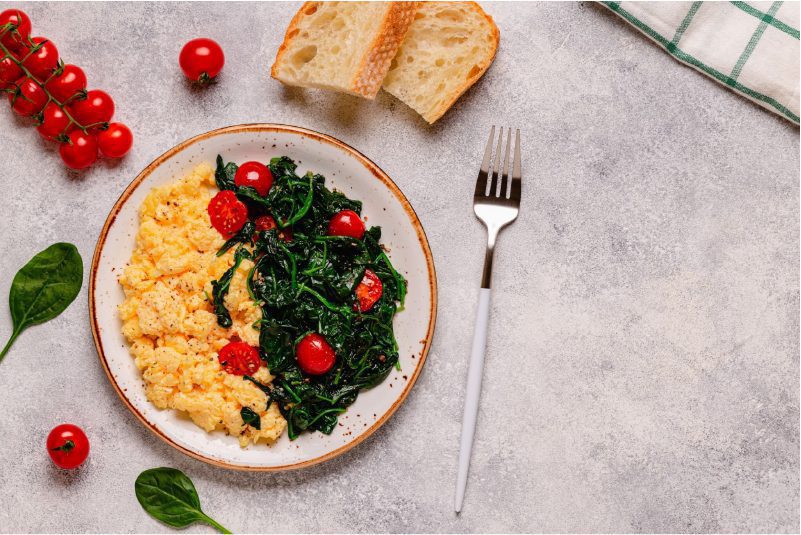

A vegan hypothyroid diet plan may require some supplementation to ensure that you get enough of the nutrients that your thyroid needs. Some of the supplements that you may need to take on a vegan hypothyroid diet plan are:
- Iodine: Iodine is a trace mineral that is essential for the synthesis of thyroid hormones. The recommended daily intake (RDI) of iodine for adults is 150 mcg. However, some vegans may not get enough iodine from their diet because most plant foods are low in iodine. The only reliable sources of iodine for vegans are iodized salt and seaweed. If you do not use iodized salt or eat seaweed regularly, you may need to take an iodine supplement to prevent iodine deficiency and goiter. However, you should not take more than 1 mg of iodine per day unless prescribed by your doctor because too much iodine can also cause thyroid problems.
- Selenium: Selenium is another trace mineral that is important for thyroid health. It is involved in the conversion of the inactive thyroid hormone T4 to the active hormone T3. It also protects the thyroid gland from oxidative stress and inflammation. The RDI of selenium for adults is 55 mcg. Some plant foods that are high in selenium are Brazil nuts, sunflower seeds, mushrooms, and whole grains. However, some vegans may not get enough selenium from their diet because the selenium content of plant foods depends on the soil quality where they are grown. If you do not eat selenium-rich foods regularly, you may need to take a selenium supplement to prevent selenium deficiency and hypothyroidism. However, you should not take more than 400 mcg of selenium per day unless prescribed by your doctor because too much selenium can also cause toxicity and thyroid problems.
- Zinc: Zinc is another trace mineral that is essential for thyroid function. It is involved in the regulation of thyroid hormones and the immune system. The RDI of zinc for adults is 8 mg for women and 11 mg for men. Some plant foods that are high in zinc are legumes, nuts, seeds, and whole grains. However, some vegans may not get enough zinc from their diet because plant foods have lower bioavailability of zinc than animal foods. This means that less zinc is absorbed from plant sources than from animal sources. If you do not eat zinc-rich foods regularly, you may need to take a zinc supplement to prevent zinc deficiency and hypothyroidism. However, you should not take more than 40 mg of zinc per day unless prescribed by your doctor because too much zinc can also cause toxicity and thyroid problems.
- Vitamin B12: Vitamin B12 is a water-soluble vitamin that is important for the production of red blood cells, DNA, and nerve function. It also helps maintain normal levels of homocysteine, an amino acid that can affect thyroid function and cardiovascular health. The RDI of vitamin B12 for adults is 2.4 mcg. However, vitamin B12 is only found naturally
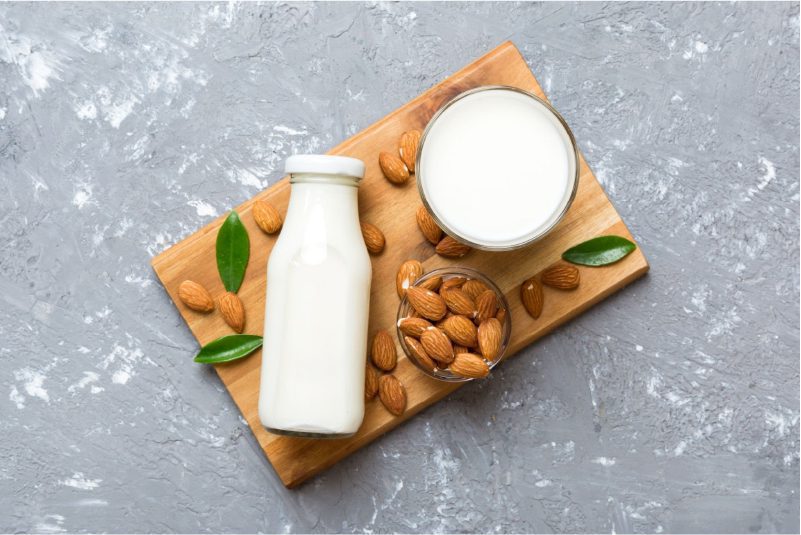

in animal products, such as meat, eggs, dairy, and fish. Therefore, vegans are at a high risk of vitamin B12 deficiency and pernicious anemia. If you do not consume any animal products, you need to take a vitamin B12 supplement or eat foods that are fortified with vitamin B12, such as plant-based milks, yogurts, cheeses, meats, cereals, or nutritional yeast. However, you should not take more than 1,000 mcg of vitamin B12 per day unless prescribed by your doctor because too much vitamin B12 can also cause side effects and interactions with some medications.
How to Monitor Your Vegan Hypothyroid Diet Plan
A vegan hypothyroid diet plan can help you manage your thyroid condition and improve your overall health. However, you need to monitor your vegan hypothyroid diet plan regularly to make sure that it is working for you and that you are not experiencing any adverse effects. Here are some ways to monitor your vegan hypothyroid diet plan:
- Check your thyroid levels: You should check your thyroid levels every 6 to 12 months or as advised by your doctor. You can do this by taking a blood test that measures your levels of thyroid-stimulating hormone (TSH), free thyroxine (FT4), and free triiodothyronine (FT3). These hormones indicate how well your thyroid gland is functioning and how much thyroid medication you need. Your doctor will adjust your dosage of thyroid medication according to your test results and symptoms.
- Check your nutrient levels: You should also check your nutrient levels every 6 to 12 months or as advised by your doctor. You can do this by taking a blood test that measures your levels of iodine, selenium, zinc, vitamin B12, and other nutrients that are important for thyroid health. These nutrients indicate how well your vegan diet is meeting your nutritional needs and whether you need to take any supplements or make any changes to your diet.
- Track your symptoms: You should also track your symptoms of hypothyroidism and veganism on a daily basis. You can do this by keeping a journal or using an app that records your symptoms such as fatigue, weight gain, hair loss, dry skin, cold intolerance, constipation, depression, anxiety, brain fog, mood swings, irregular periods, infertility, muscle weakness, joint pain, etc. You can also record your food intake, exercise routine, sleep quality, stress level, and other factors that may affect your thyroid function and health. This can help you identify any patterns or triggers that may worsen or improve your symptoms and adjust your vegan hypothyroid diet plan accordingly.
FAQs on Vegan Hypothyroid Diet Plan
Here are some frequently asked questions on vegan hypothyroid diet plan:
Q: Can I follow a vegan hypothyroid diet plan if I am pregnant or breastfeeding?
A: Yes, you can follow a vegan hypothyroid diet plan if you are pregnant or breastfeeding. However, you need to be extra careful about getting enough of the nutrients that are essential for the development of your baby and the maintenance of your health.
You may need to increase your intake of calories, protein, iron, folate, calcium, vitamin D, and omega-3 fatty acids. You may also need to take prenatal supplements that contain iodine, selenium, zinc, vitamin B12, and other nutrients that are important for thyroid health. You should consult with your doctor before starting or continuing a vegan hypothyroid diet plan during pregnancy or lactation.
Q: Can I follow a vegan hypothyroid diet plan if I have other medical conditions or allergies?
A: It depends on the type and severity of your medical conditions or allergies. Some medical conditions or allergies may require you to avoid certain foods or ingredients that are common in a vegan diet. For example, if you have diabetes, you may need to limit your intake of carbohydrates and sugars. If you have kidney disease, you may need to limit your intake of protein and potassium.
If you have celiac disease or gluten sensitivity, you may need to avoid gluten-containing foods. If you have soy allergy, you may need to avoid soy products. You should consult with your doctor before starting or continuing a vegan hypothyroid diet plan if you have any medical conditions or allergies.
Q: Can I follow a vegan hypothyroid diet plan if I want to lose weight?
A: Yes, you can follow a vegan hypothyroid diet plan if you want to lose weight. A vegan diet can help you lose weight by reducing your calorie intake and increasing your fiber intake. Fiber can help you feel full longer and prevent overeating. However, you need to make sure that you do not restrict your calories too much or lose weight too fast.
This can harm your thyroid function and metabolism and cause more health problems. You should aim for a gradual and sustainable weight loss of 0.5 to 1 kg per week. You should also include physical activity in your weight loss plan to boost your metabolism and muscle mass. You should consult with your doctor before starting or continuing a vegan hypothyroid diet plan for weight loss.
Conclusion
A vegan hypothyroid diet plan is a way of eating that excludes all animal products and focuses on plant foods. It can help you manage your thyroid condition and improve your overall health. However, you need to plan your meals carefully and make sure that you get enough of the nutrients that your thyroid needs.
You also need to avoid some foods that may worsen your thyroid condition or interfere with your medication. You also need to monitor your vegan hypothyroid diet plan regularly and adjust it according to your test results and symptoms. You should consult with your doctor before starting or continuing a vegan hypothyroid diet plan.
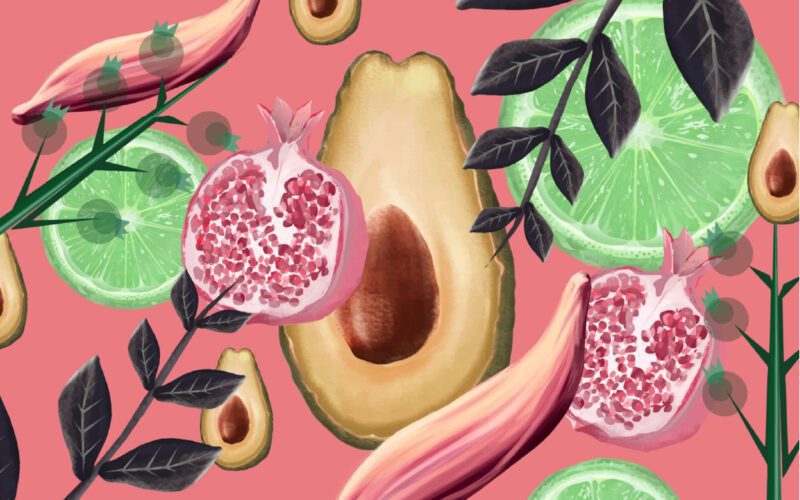


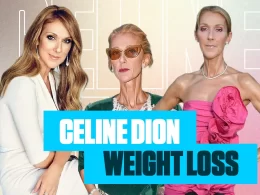

Comments 1
Comments are closed.